Why the Royal Borough is pushing for council tax rises
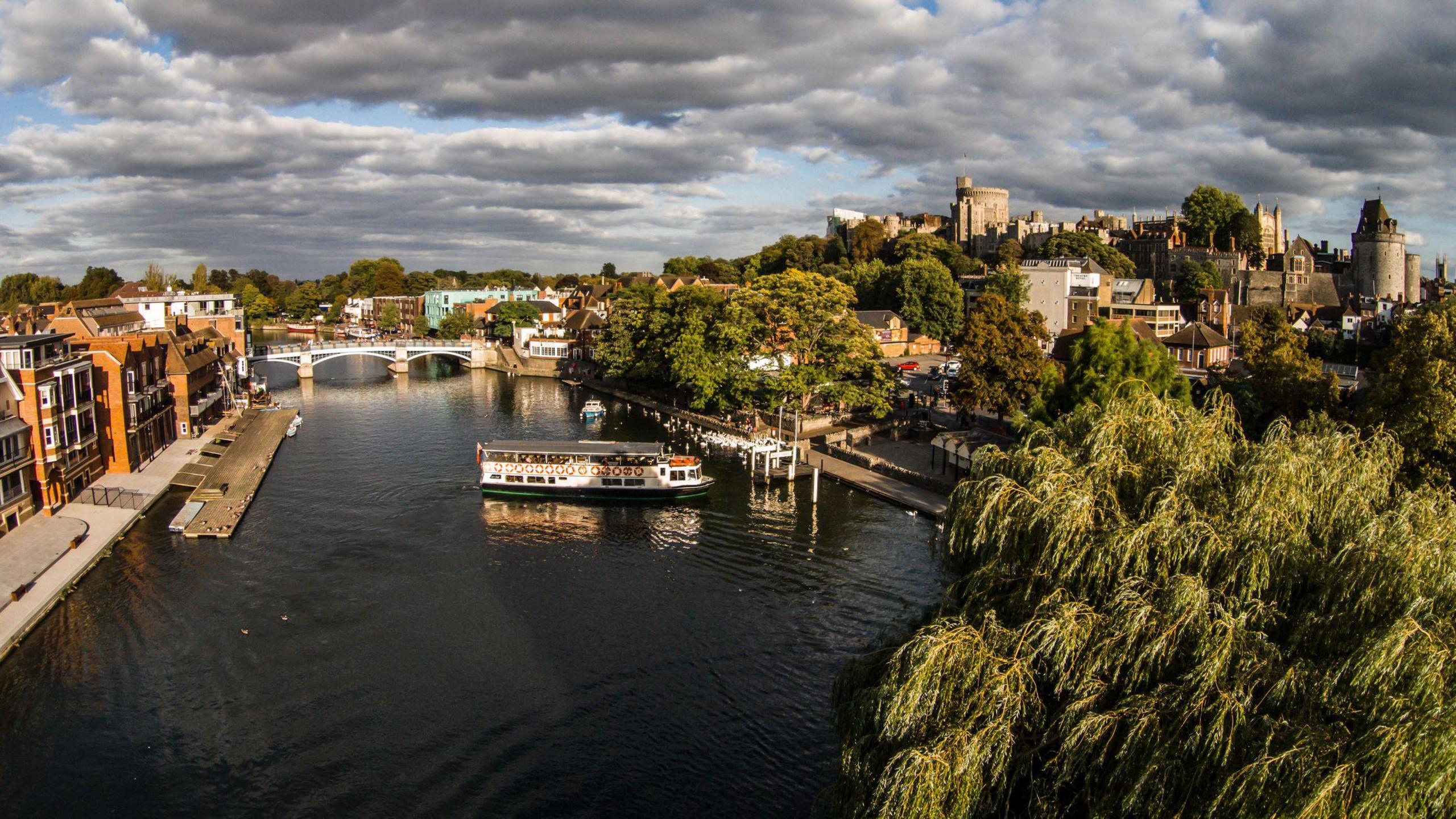
Council tax payers in Windsor and Maidenhead pay less than others in Berkshire
- Published
If you live in the Royal Borough of Windsor and Maidenhead then you might think yourself lucky, as for years you’ve been paying less in council tax than almost anywhere else in England.
Only people living in a handful of London boroughs pay less.
Live in Windsor and you’ll pay around £1,700 a year in council tax for a Band D property while in Newbury you’ll cough up nearly £2,300 a year for a similar property.
That’s £600 a year more and for that you don’t even get a view of Windsor Castle to soften the blow.
But before you sit back in the Royal Borough and thank your lucky stars, that luck has come at a price.
Bills needs paying and Windsor and Maidenhead council is warning it’s on the brink of declaring itself effectively bankrupt.
In recent years all councils, including Windsor and Maidenhead, have seen the cost of services they have to run, like special educational needs, disabilities services for children and costs for older residents soar, putting huge pressure on budgets.
In 2014 the council was £59m in debt. By last March that figure had climbed to £204m.
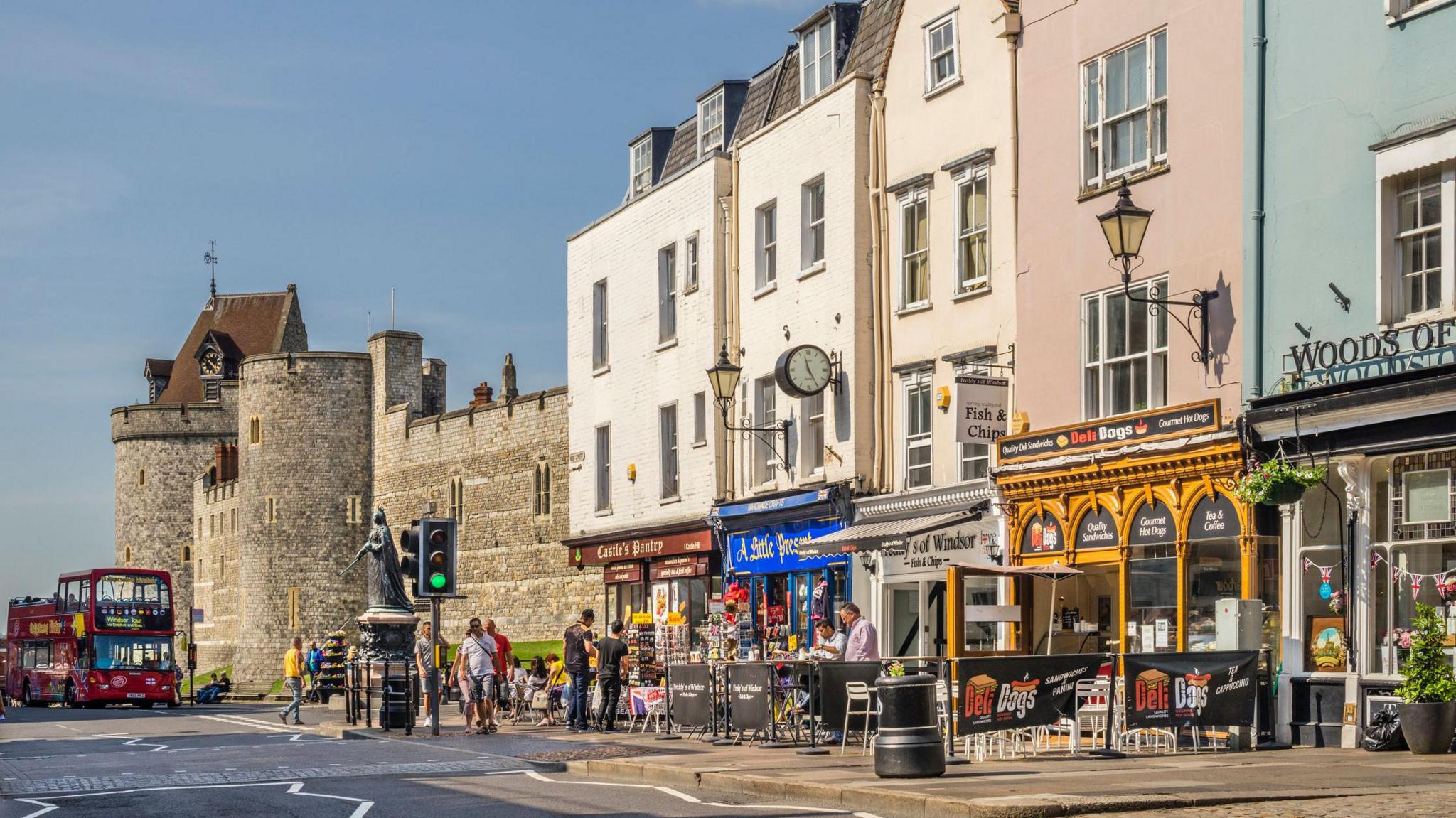
The previous Conservative administration made much of the fact they kept council tax so low
The Liberal Democrat-run council lays much of the blame for this at the door of their Conservative predecessors, who ran the council from 2007 until last year.
When in power the Conservatives made much of the fact they kept council tax so low, saying that as they ran such a tight ship they didn’t need to ask as much of their residents as other authorities did.
Councillor Lynne Jones, the Royal Borough councillor in charge of finances, said: "Past decisions were irresponsible and disastrous for the council’s finances – years of cutting council tax alone costs the council £30m a year, which has impacted on our ability to deliver key services to residents.
“This is why, alongside essential support from government, we also need them to consider raising the council tax cap – to allow us to rectify historical issues and, like many other authorities, meet the challenges of the rising demand on services currently outstripping government funding,” the councillor, who belongs to the Old Windsor Residents' Association, said.
With the amount of extra money local authorities can raise in council tax limited by the fact councils can only raise bills by a maximum of 5%, the borough can’t simply plug the holes in its budgets by whacking up people’s bills to bring them in line with other neighbouring councils.
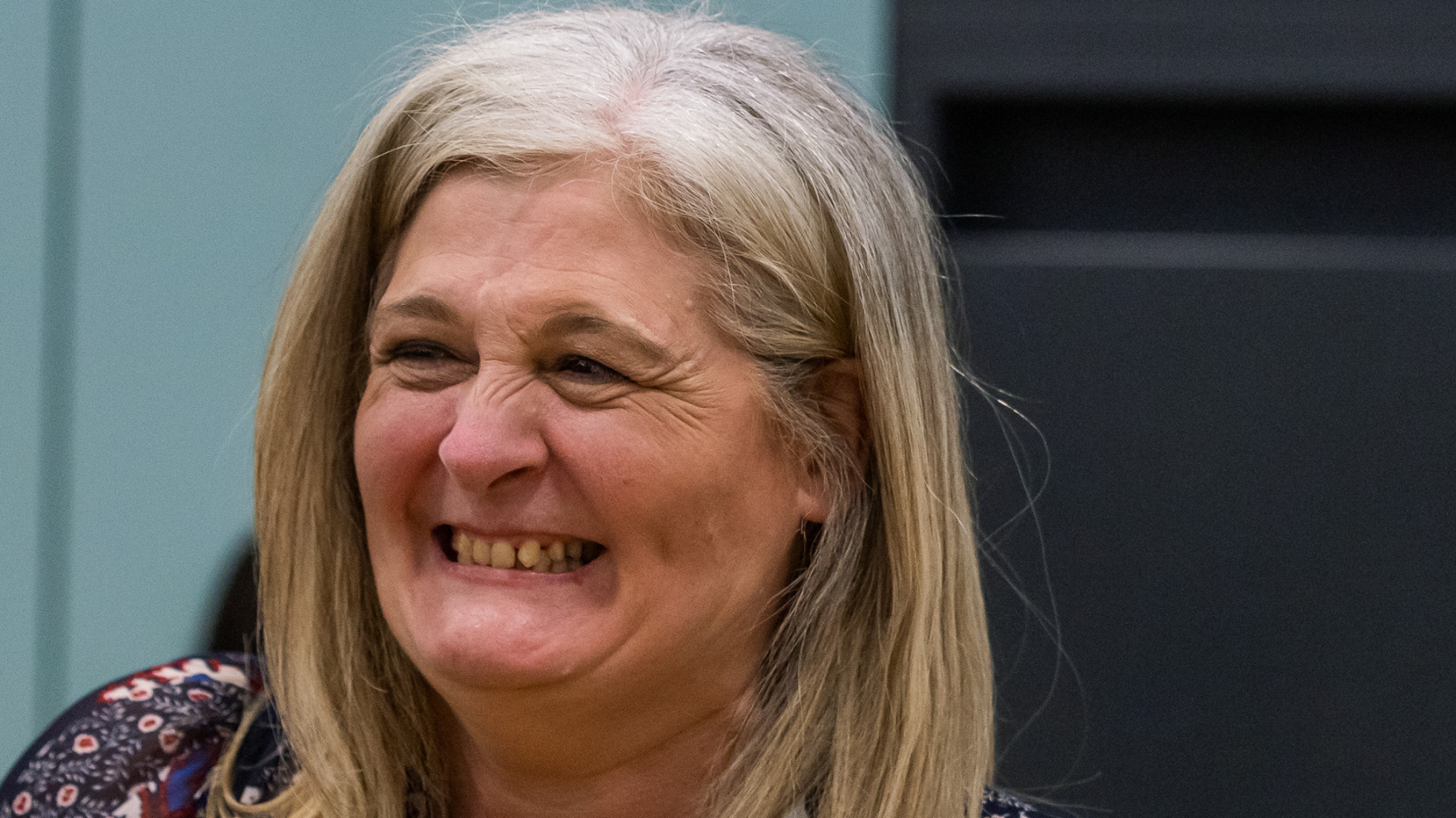
Lynne Jones - pictured celebrating her election in May 2023 - said the council had previously been managed in an "irresponsible and disastrous" way
So what are the possible solutions?
Councillor Jones points out they’re now asking the government for extra financial assistance to stave off bankruptcy, that’s a long-winded way of saying it wants a government bail out.
And here’s the piece of news that might cause people living in the Royal Borough to choke on their cornflakes.
The council’s also asking the government for special permission to raise council tax bills by more than 5% from next April.
How much they’re going to ask for they won’t yet say.
There are precedents for this.
A few years ago people in Slough saw their tax bills go up by 10% a year, while Europe’s biggest local council in Birmingham is putting its bills up by 21% over a two-year period.
The next move is the government’s to make.
Will it step in to help out with extra funding?
Will it allow the council to double, or possibly even treble, future council tax rises?
Next week’s budget might give us some clues - but if you live in Windsor and Maidenhead then you need to accept that your days of paying substantially less council tax than people living almost anywhere else in England may be coming to an end.
Get in touch
Do you have a story BBC Berkshire should cover?
You can follow BBC Berkshire on Facebook, external, X (Twitter), external, or Instagram, external.
Related topics
- Published3 October 2024
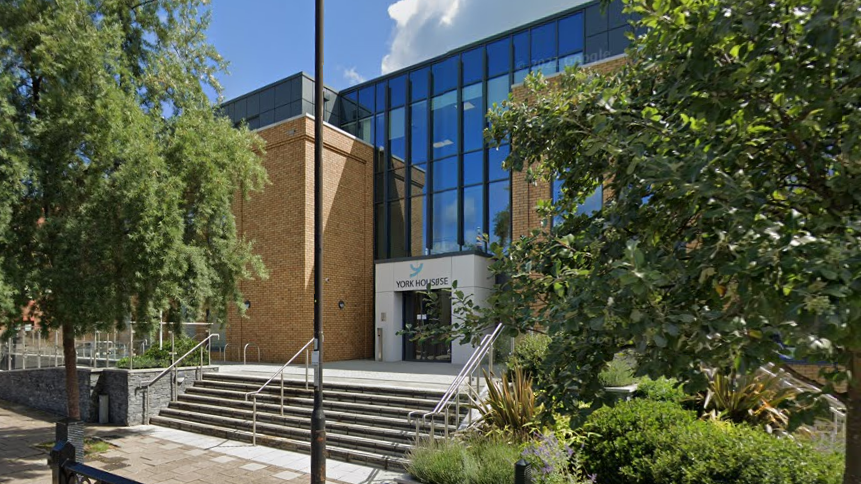
- Published7 February 2023
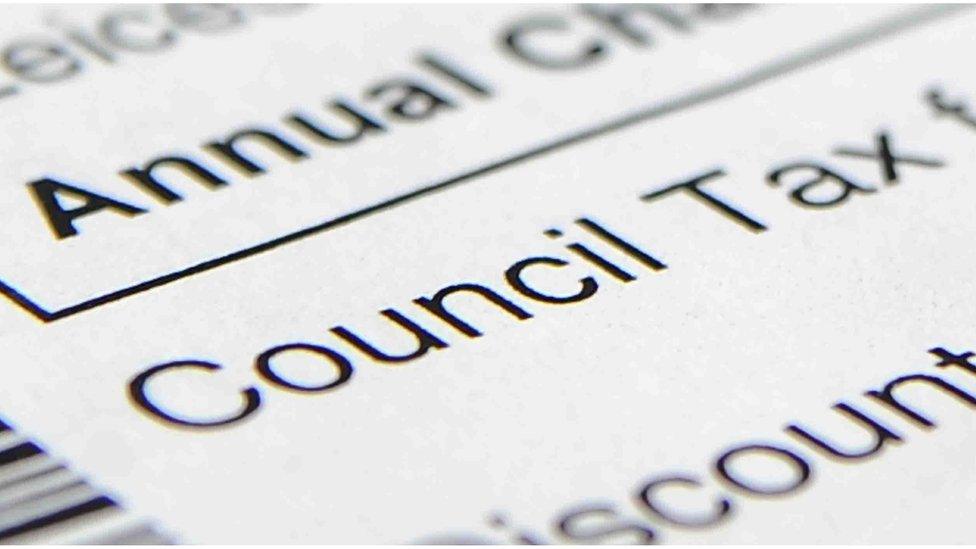
- Published15 December 2010